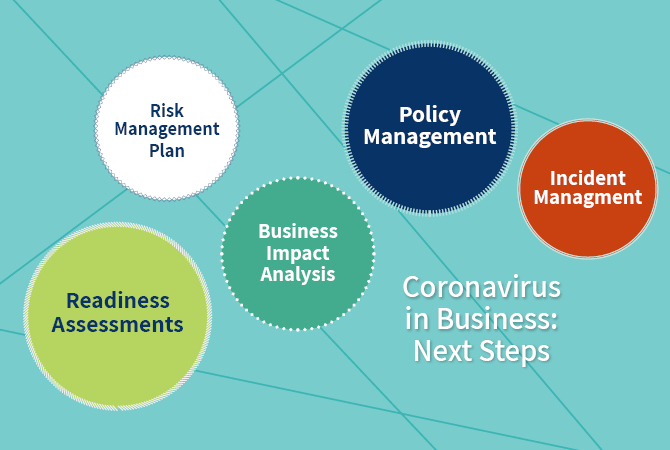

Pandemic Risk Management: Strategies for Resilient Business Operations
The ongoing global pandemic has underscored the critical importance of effective risk management strategies for businesses. As organizations navigate unprecedented challenges, a robust pandemic risk management plan becomes indispensable.
Understanding the Pandemic Landscape
In crafting an effective pandemic risk management strategy, the first step is gaining a comprehensive understanding of the current landscape. This involves staying informed about the latest developments, monitoring health guidelines, and assessing the specific risks that the organization faces.
Implementing Safety Protocols
One of the primary components of a robust pandemic risk management plan is the implementation of stringent safety protocols. This includes measures such as regular sanitization, social distancing, and providing personal protective equipment (PPE) to employees. These actions not only safeguard the workforce but also contribute to the overall resilience of the business.
Prioritizing Employee Health and Well-being
A key aspect of pandemic risk management is prioritizing the health and well-being of employees. This involves not only physical health but also addressing mental health challenges that may arise during these challenging times. Offering support services and fostering a culture of open communication can significantly contribute to employee well-being.
Developing Emergency Response Plans
To effectively manage pandemic-related risks, organizations must have well-defined emergency response plans in place. These plans should outline specific steps to be taken in the event of an outbreak within the workforce or the community, ensuring a swift and coordinated response.
Implementing Remote Work Solutions
The rise of remote work has become a pivotal element in pandemic risk management. Establishing reliable remote work solutions allows business operations to continue seamlessly while minimizing the risk of virus transmission among employees.
Ensuring Compliance with Health Guidelines
Adherence to health guidelines and regulations is non-negotiable in pandemic risk management. Organizations must stay vigilant and adapt their policies and practices in accordance with evolving guidelines to maintain a safe and compliant work environment.
Collaborating with Health Authorities
Building strong partnerships with health authorities and experts is crucial. Regular consultations with relevant health agencies can provide valuable insights and ensure that the organization’s risk management strategies align with the latest scientific and medical recommendations.
Investing in Training and Awareness Programs
Education is a powerful tool in pandemic risk management. Investing in training programs that educate employees about health protocols, safety measures, and the importance of adherence can significantly enhance the effectiveness of risk management efforts.
Monitoring and Adjusting Strategies
Pandemic risk management is an ongoing process that requires continuous monitoring and adjustment. Regularly assessing the effectiveness of implemented strategies, gathering feedback from employees, and staying abreast of emerging developments are essential for refining and improving the overall approach.
In conclusion, navigating the complexities of a pandemic requires a multifaceted and adaptive approach to risk management. By prioritizing employee well-being, implementing safety measures, and staying informed, organizations can build resilience and ensure the continuity of their operations in the face of unprecedented challenges.
For further insights into effective pandemic risk management, visit The Healthy Consumer website. Stay informed, stay safe.






(501).jpg)

